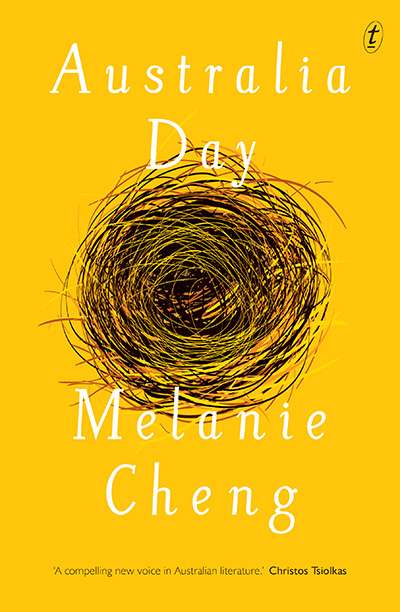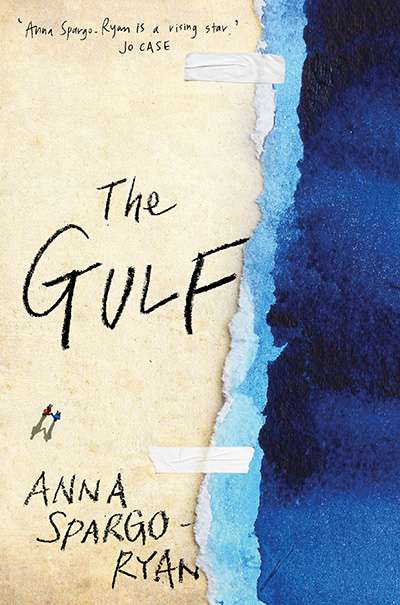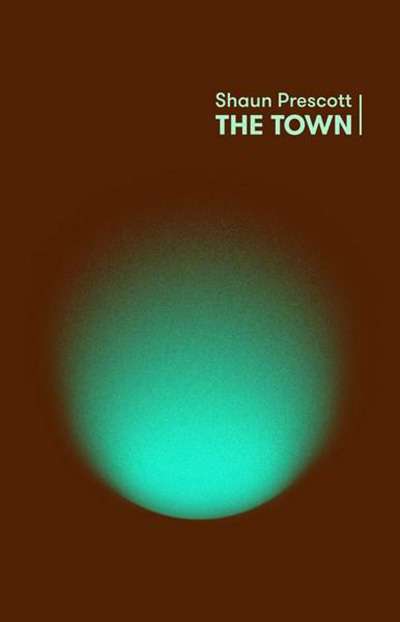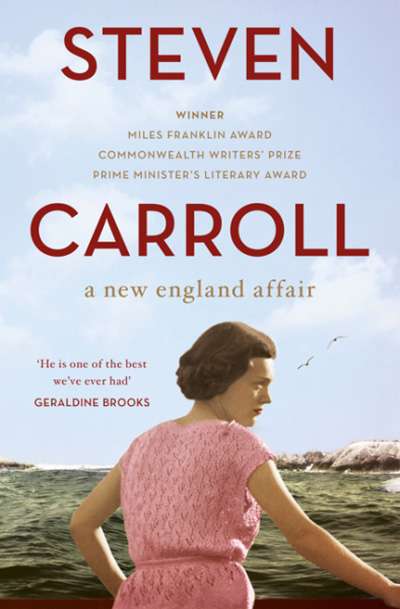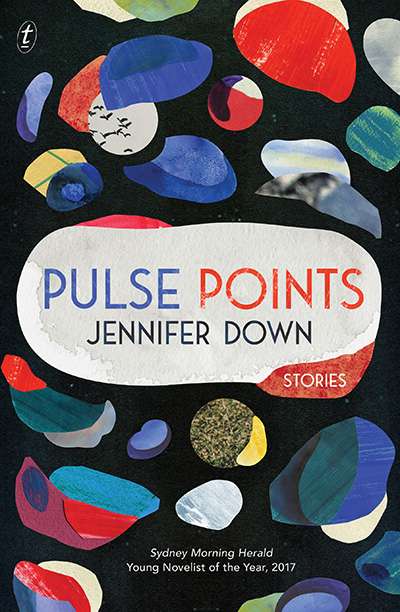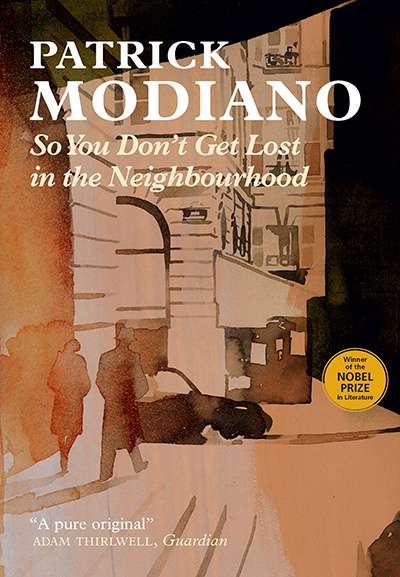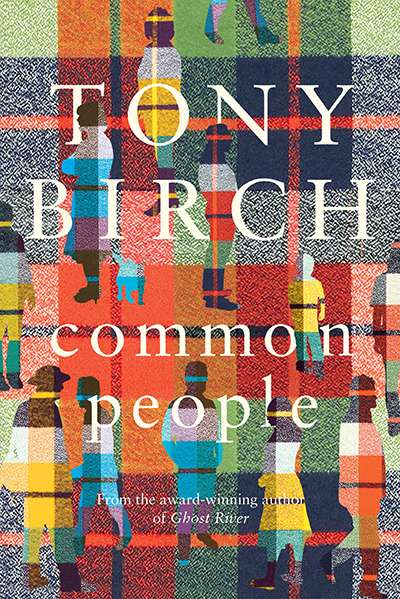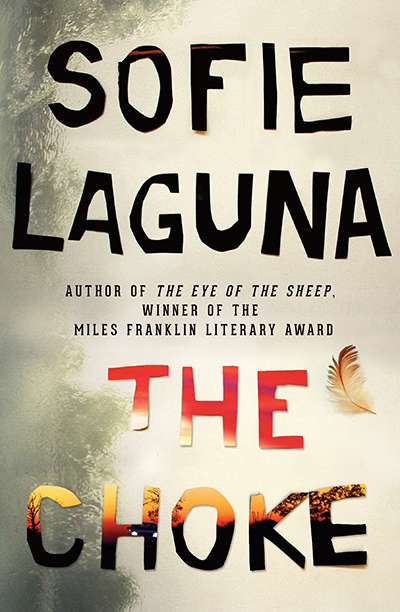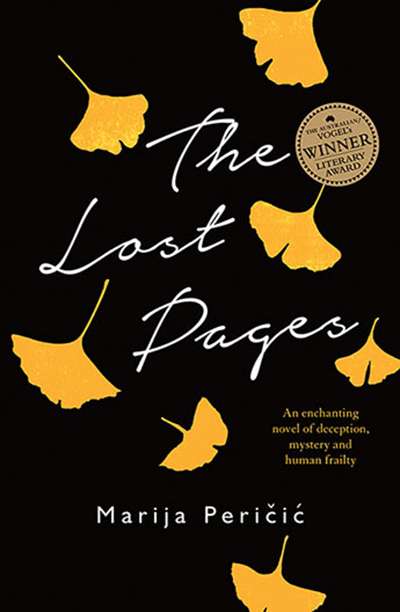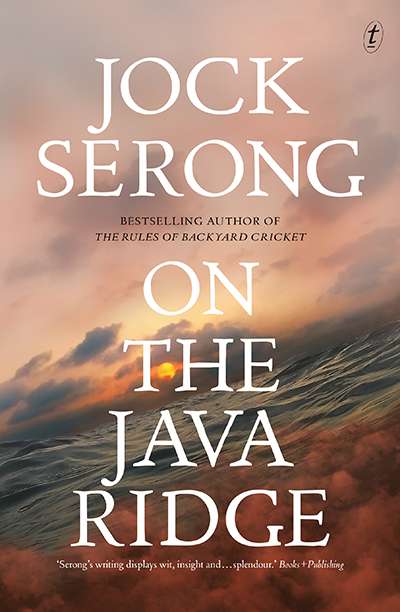Fiction
The characters in Melanie Cheng’s collection of short stories are all outsiders or misfits in some way. Some feel conspicuously out of place, such as the Lebanese immigrant Maha, in ‘Toy Town’, who is struggling with suburban Australian life, or the Chinese medical student Stanley, who is visiting the family farm of a friend in the titular story. Stanley freez ...
Shortly after her son, Luke, was murdered by his father, Rosie Batty spoke of the non-discriminatory nature of family violence: ‘No matter how nice your house is, how intelligent you are. It can happen to anyone, and everyone.’ If Batty’s is an example of the less easily imagined site of domestic violence, Anna Spargo-Ryan’s second novel, The Gulf, ...
Shaun Prescott’s début novel shares obvious conceptual territory with the fiction of Franz Kafka and Gerald Murnane, both of whom are mentioned in its promotional material ...
... (read more)In his fiction, Steven Carroll stretches and slows time. He combines this with deliberate over-explaining and repetition, the echoing of memories and ideas, coincidence, and theatricality. A distinctive rhythm results: when reading his work, I often find myself nodding in time to the words. Occasionally – and it happens now and again in his new novel, A New En ...
Barbara Kingsolver, praising the skill required to write a memorable short story, described the form as entailing ‘the successful execution of large truths delivered in tight spaces’. Her description certainly applies to Jennifer Down’s wonderful début collection, Pulse Points. Using the typical strategies of suggestion, ambiguity, and inconclusivene ...
So You Don’t Get Lost in the Neighbourhood by Patrick Modiano, translated by Euan Cameron
Patrick Modiano’s most recent novel, published just before he was awarded the Nobel Prize in 2014, is his twenty-sixth to date, though one of a great number to arrive almost all at once in the English-speaking world. In the post-Nobel flurry to translate Modiano into English, the past two years have marked a shift in the author’s status from practically unknown ...
The characters who populate Tony Birch’s Common People are striking not so much because they are the ordinary people, the commonplace or everyday people that the title would suggest – they are, mostly, people living in or with extremity and trauma – but because the thing that unites them in these stories are discoveries of small moments of common huma ...
The Choke is full of holes. I mean that literally, which is also to say (since we are talking about a novel) symbolically. It contains any number of insinuating references to wounds, ditches, gaps, and voids. The primary implication of these can be grasped if one recalls that ‘nothing’ was Elizabethan slang for female genitalia. Sofie Laguna’s narrato ...
Alan Bennett once wrote of Franz Kafka: ‘One is nervous about presuming even to write his name, wanting to beg pardon for doing so, if only because Kafka was so reluctant to write his name himself.’ Even so, Bennett gave us Kafka’s Dick (1986), which – alongside a sputtering stream of demythologising critical interventions into Kafka studies ...
... (read more)A rich vein of political writing runs through Australian fiction. From the early days of socialist realism, through the anti-colonialism of both black and white writers, to tough explorations of identity politics today, we have struggled with concepts of justice and equality since Federation ...
... (read more)

